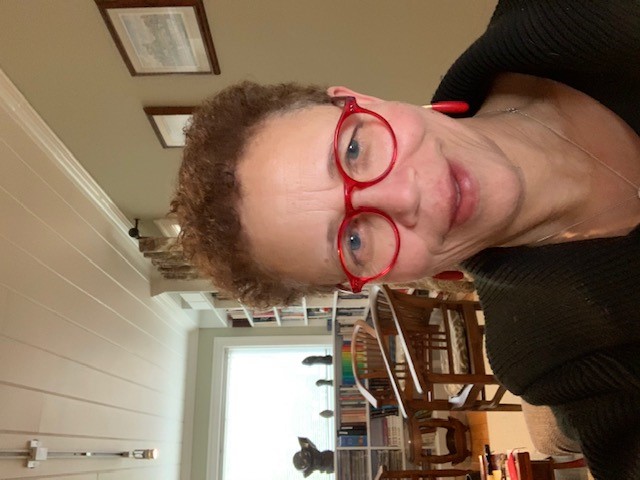It’s Time for a Digital Equity Bill of Rights
Monday, March 1, 2021
Digital Beat
It’s Time for a Digital Equity Bill of Rights

Internet access is something that many took for granted, until the pandemic. Living through COVID-19 has laid bare the unaddressed digital inequities that are impacting millions of lives. The digital divide is becoming a digital chasm: limited or no access to affordable high-speed internet is leaving far too many people behind.
The facts: Do you know 21 Million Americans do not have adequate Internet at home?
Of course, it is not. What can you do? Learn about the Digital Equity Bill of Rights.
The California Emerging Technology Fund (CETF), the only foundation focusing on digital equity for all 40 million Californians, has been informing state and national policy and working on the ground with hundreds of community-based organizations for 15 years. Now CETF is introducing a Digital Equity Bill of Rights. We believe everyone has the right to:
- Broadband that is Sufficient and Reliable
- Broadband that is Ubiquitous
- Broadband that is Affordable
- Broadband that Provides Educational Opportunities and Supports Digital Skills Proficiency
- Broadband that Ensures Public Safety and Maintains Peace of Mind
- Broadband that Improves Quality of Life
- Broadband that Supports Economic Prosperity
- Broadband that Attracts Capital Investment
- Broadband that Supports Innovation and Research
- Broadband that Empowers and Enables Participation in the Democracy
Learn more about the Digital Equity Bill of Rights
Can we make a difference? Yes. Let us tell you about Eric. Before the pandemic, many students tried to overcome the homework gap by fulfilling assignments on their cell phones. That was hard enough. Today, distance learning has only compounded the problem. When Eric, a 4th grader in Oakland, showed a lack of interest in school, his mom grew worried. He and his siblings were missing class and skipping homework. The family of five only had a single cell phone with limited data for work and school.
Oakland-based Tech Exchange heard from Eric’s mom, and the computer refurbisher and digital training provider obtained a free Chromebook and hotspot for the family to use. It has changed their lives: Eric is now “rocking and rolling” in school, his mom says, thrilled to participate in virtual class, take on his homework assignments, and see his teacher online.
To learn more about how to help the millions of households struggling to keep up in the digital world, including students, seniors, people with disabilities, please review the Digital Equity Bill of Rights and consider lending your support to help ensure everyone has access to reliable, affordable Internet. You can change lives.
Susan Walters joined California Emerging Technology Fund after working as the Regional Director of Community Relations for Citibank in Greater Southern California. Prior to Citibank she operated a small consulting practice in corporate social responsibility. The work focused on building strategic partnerships between nonprofit organizations and corporations, strategic planning, communications, and marketing. She has worked in myriad areas ranging from telecommunications policy, disability access to multimedia projects. Examples of her work include designing a highly successful technology job training program for low-income adults and youth, creating a brand strategy for a buy local food campaign, and marketing programs to reach emerging markets.
Walters has held senior positions in Communications and Marketing with Odwalla and Pacific Bell. Prior to her work in the private sector Walters served as a senior staff member to Willie L. Brown, Jr. during his tenure as Speaker of the California Assembly. She is an alumna of the Coro Fellows Program and received a Bachelor of Science degree from the University of California at Berkeley and a Masters of Public Policy degree from Claremont University. She serves on the Board of Directors for CD Tech, Bay Area Video Coalition, World Institute on Disability, and the Center for Accessible Technology.
The Benton Institute for Broadband & Society is a non-profit organization dedicated to ensuring that all people in the U.S. have access to competitive, High-Performance Broadband regardless of where they live or who they are. We believe communication policy - rooted in the values of access, equity, and diversity - has the power to deliver new opportunities and strengthen communities.
© Benton Institute for Broadband & Society 2021. Redistribution of this email publication - both internally and externally - is encouraged if it includes this copyright statement.
For subscribe/unsubscribe info, please email headlinesATbentonDOTorg






